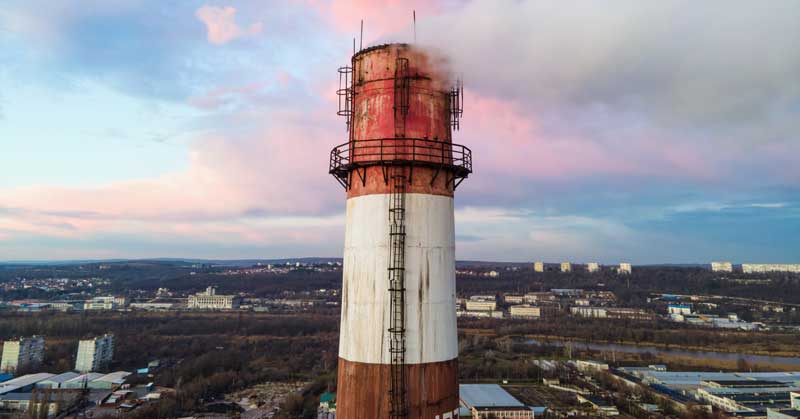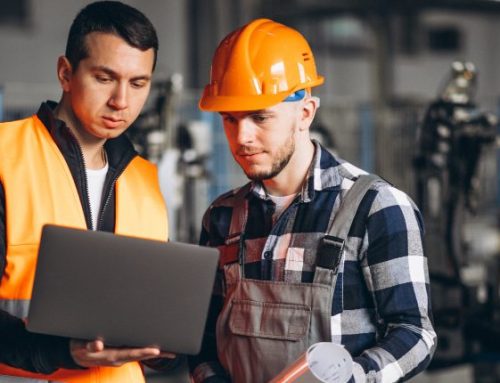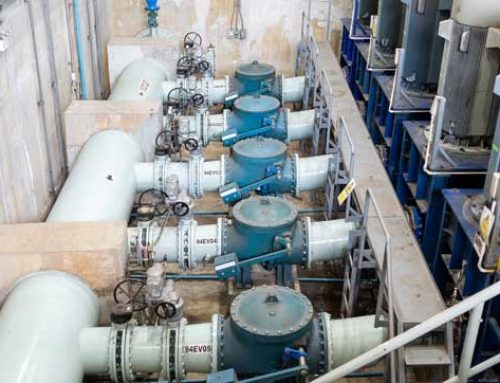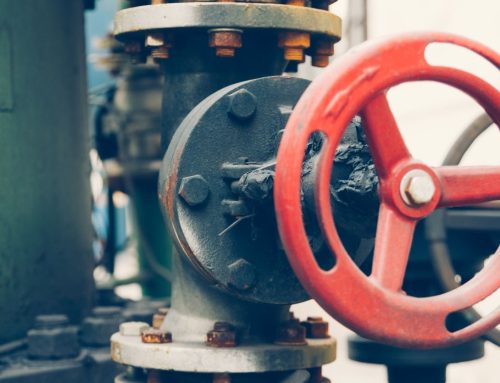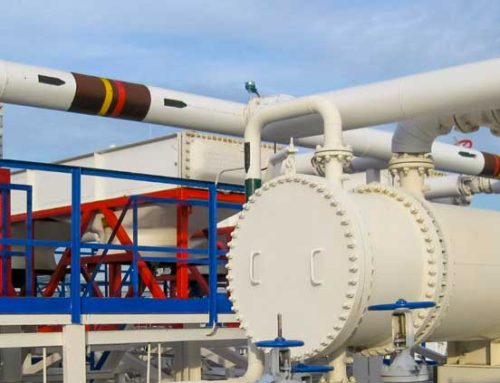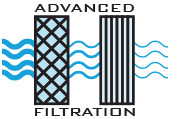Last month, we published an article called “The Advanced Filtration Guide to Heat Exchangers,” where we discuss all the ins and outs of heat exchange in industrial applications. Today, we’re going to discuss the complementary side of that process, which is all about evaporative coolers and condensers.
We here at Advanced Filtration deal with so many types of industrial filtration products and applications, and heating, cooling, and temperature control in general is a big part of that. The topic is big and complicated, so please do not hesitate to give us a call at 732-901-6676 or use the contact form on this page for a free consultation. We love answering questions!
What Are Evaporative Coolers and Condensers?
An evaporative cooler and a condenser are two distinct components used in different systems, often in the context of cooling processes, but they serve different purposes.
Evaporative Cooler
An evaporative cooler, also known as a swamp cooler, is a device that cools air through the evaporation of water. It operates on the principle that when water evaporates, it absorbs heat from the surrounding air, thereby cooling it. Evaporative coolers are commonly used in dry climates as they work best in areas with low humidity.
Here’s how they work:
• Warm, dry air is drawn through water-saturated pads or filters in the evaporative cooler.
• As the air passes through these wet pads, the water evaporates, absorbing heat from the air.
• The now-cooled air is then blown out into the space, providing a cooling effect.
Evaporative coolers are cost-effective and environmentally friendly since they use less energy compared to traditional air conditioning systems. However, their effectiveness is limited in areas with high humidity because the air already holds a significant amount of moisture, reducing the cooling effect of evaporation.
Condenser
A condenser is a component in various systems that’s responsible for converting a gas or vapor into a liquid state by removing heat. Condensers are used in refrigeration, air conditioning, power plants, and various industrial processes.
In refrigeration and air conditioning systems:
• The refrigerant, which exists as a high-pressure gas carrying heat, passes through the condenser coils.
• As the refrigerant flows through the coils, it releases heat to the surroundings or a separate cooling medium (like air or water).
• This causes the refrigerant to condense back into a liquid state, ready to absorb more heat in the evaporator to continue the cooling cycle.
Condensers are crucial for maintaining the continuous cycle of refrigeration or cooling systems, enabling the transfer of heat away from the area or substance being cooled.
In summary, while both evaporative coolers and condensers are involved in cooling processes, evaporative coolers use water evaporation to cool air, while condensers remove heat from a substance (such as refrigerant) to change its state from a gas to a liquid.
Regulating System Pressure and Temperature With a Dump Condenser
A “dump condenser” typically refers to a specific type of condenser used in refrigeration systems, particularly in some types of refrigeration cycles or systems like heat pumps. It serves a distinct purpose within these systems.
In a refrigeration or heat pump system, a dump condenser is a component that helps regulate the system’s pressure and temperature. It’s often employed in situations where the system encounters excess refrigerant or experiences a high-pressure condition.
Here’s how a dump condenser functions:
- Pressure Regulation: During certain operational conditions, such as when the system faces a sudden increase in pressure due to factors like a sudden shutdown of a load or a failure in the expansion valve, the pressure in the refrigerant circuit can rise significantly.
- Excess Refrigerant Discharge: To prevent damage to the system from this excess pressure, a dump condenser acts as a safety valve or relief valve. When the pressure exceeds safe levels, the dump condenser allows excess refrigerant to bypass the main system and be discharged or “dumped” into a separate part of the system, often the condenser or another designated area.
- Cooling of Discharged Refrigerant: The dumped refrigerant typically passes through the dump condenser where it can be condensed back into a liquid form by dissipating its heat to the surroundings, thus reducing its pressure.
- System Protection: By relieving the system of excess pressure and transferring the excess refrigerant to the dump condenser, the system can continue operating without damage while maintaining safe pressure levels.
Dump condensers are a safety feature in refrigeration systems, ensuring that the system doesn’t get overwhelmed by sudden pressure surges. They help maintain the system’s functionality and protect it from potential damage that could arise due to excessive pressure conditions.
Contact Advanced Filtration For All Your Industrial Filtration Needs
Advanced Filtration has supplied the world with high quality industrial filtration parts for many years, and we’re happy to help you find what you’re looking for. Call us today at 732-901-6676 or use the form on this page to contact us directly.

